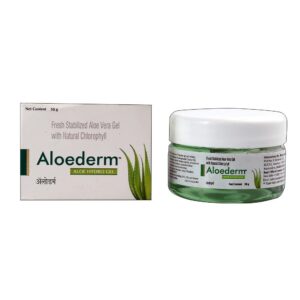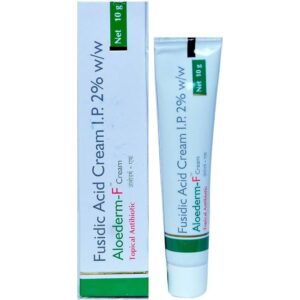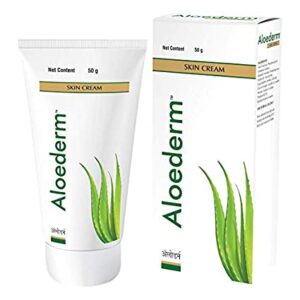ALOE + VITAMIN E GENTAMICIN
Aloe: Aloe is a plant-based substance derived from the Aloe vera plant. It has been used for centuries in traditional medicine for various purposes. Aloe is commonly known for its topical use in treating skin conditions such as sunburns, wounds, and minor burns.
The mechanism of action of aloe is not fully understood, but it is believed to have anti-inflammatory, antibacterial, and wound-healing properties. It contains numerous compounds such as polysaccharides, anthraquinones, and vitamins, which contribute to its therapeutic effects.
When used topically, aloe gel is typically applied directly to the affected area of the skin. It is available as a gel, cream, lotion, or ointment. The dose and frequency of application may vary depending on the severity of the condition and the product being used. It is important to follow the instructions provided by the manufacturer or consult a healthcare professional for specific dosage recommendations.
Aloe is generally considered safe when used topically for short periods. However, some individuals may experience mild side effects such as skin irritation, redness, or allergic reactions. It is recommended to perform a patch test before applying aloe to a larger area of the skin, especially if you have sensitive skin or a history of allergies.
It is important to note that aloe should not be ingested orally or used on deep or severe wounds without medical supervision. Ingesting aloe or using it on extensive open wounds may cause harmful effects such as diarrhea, electrolyte imbalances, liver problems, and potential allergic reactions. Pregnant or breastfeeding women, as well as individuals with medical conditions or taking medications, should consult a healthcare professional before using aloe topically.
Overall, aloe is generally safe and well-tolerated when used topically for minor skin conditions. However, it is important to use it responsibly, follow recommended dosages, and seek medical advice when needed.
Vitamin E Gentamicin: I’m sorry, but there is no drug called “Vitamin E Gentamicin.” Vitamin E and Gentamicin are two different substances with different uses and mechanisms of action.
Vitamin E is a fat-soluble vitamin that acts as an antioxidant in the body. It helps protect cells from damage caused by free radicals and plays a role in various bodily functions. It is commonly used as a dietary supplement to promote overall health and wellness.
Gentamicin, on the other hand, is an antibiotic medication. It belongs to the aminoglycoside class of antibiotics and is commonly used to treat various bacterial infections, particularly those caused by Gram-negative bacteria. It works by stopping the growth of bacteria and killing them.
There is no specific drug called “Vitamin E Gentamicin” that combines these two substances. However, it is possible that these two medications may be administered together in certain situations to treat specific conditions.
The dosing, mechanism of action, and side effects of these medications individually are as follows:
Vitamin E:
– Mechanism of action: Acts as an antioxidant to protect cells from damage caused by free radicals.
– Recommended dose: The recommended daily dose varies depending on age, sex, and individual needs. The recommended dietary allowance (RDA) for adults is 15 mg per day. It is commonly available in supplement form in doses ranging from 100-1000 IU (International Units).
– Side effects: High doses of Vitamin E can increase the risk of bleeding, especially in people taking blood-thinning medications. It may also cause diarrhea, stomach cramps, nausea, fatigue, and headaches in some individuals.
Gentamicin:
– Mechanism of action: Inhibits bacterial protein synthesis, leading to the killing of susceptible bacteria.
– Recommended dose: The dose of gentamicin varies depending on the type and severity of the infection as well as patient factors such as age, weight, and renal function. The drug is generally administered intravenously or intramuscularly.
– Side effects: Gentamicin can cause various side effects, including kidney damage, hearing loss, dizziness, balance problems, and allergic reactions. It is important to monitor kidney function and drug levels in the blood during treatment.
It is important to consult a healthcare professional for accurate and specific information regarding the use, dose, and side effects of any medications, as they can provide personalized guidance based on your individual circumstances.



